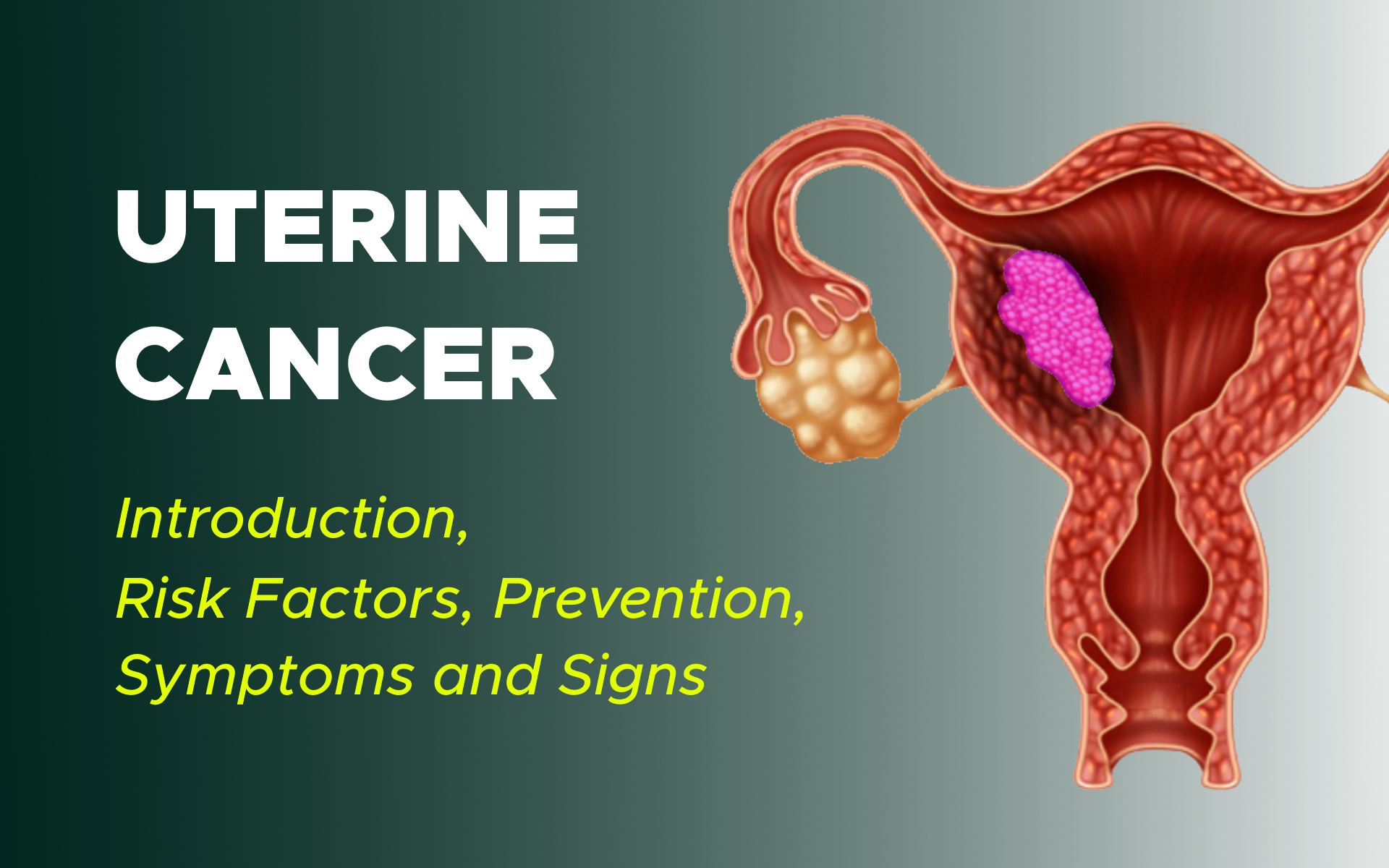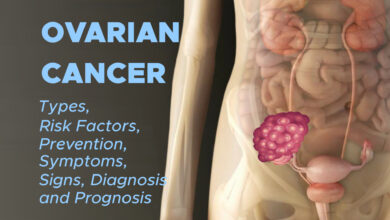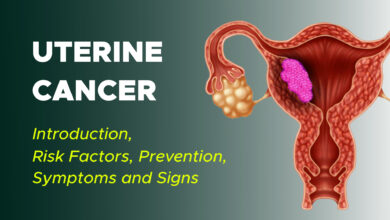
Genetics and Family History of Uterine Cancer
A higher risk for uterine cancers can be inherited, meaning it is passed from generation to generation, or may skip a generation to appear in the next. This happens about 5% of the time.
The syndrome most commonly associated with inherited uterine cancer is called Lynch syndrome. Lynch syndrome is also associated with several other types of cancer, including types of colon, kidney, bladder, and ovarian cancers.
When cells divide and multiply, DNA errors can occur. There are 6 proteins in the body that fix these errors. If 1 of these proteins does not work properly, errors in the DNA can accumulate and yield enough DNA damage that cancer may develop. This problem with DNA repair is called mismatch repair defect (dMMR). The main sign of Lynch syndrome is dMMR.
Cancer can be tested for Lynch syndrome through a special staining process called immunohistochemistry (IHC). Most cases of Lynch syndrome are due to deficiencies in 1 of 4 DNA repair proteins. Only these 4 proteins are routinely tested by IHC. If IHC shows that your cancer lacks 1 of these DNA repair proteins or if you have a family history of a cancer associated with Lynch syndrome, discuss this with your doctor and/or talk with a genetic counselor.
However, IHC is a screening test, and further genetic tests are needed to confirm a diagnosis of Lynch syndrome. Not all people who have a tumor which lacks 1 or more of these DNA repair proteins has Lynch syndrome. The changes can also be due to a process called DNA methylation, which typically silences 1 of the more common dMMR genes in the tumor.
Family members may wish to be tested, too. People affected by Lynch syndrome should tell their doctors so they can receive increased screening for Lynch-associated cancers, such as more frequent colonoscopies. Other family members may consider preventive surgery for uterine and ovarian cancers.

